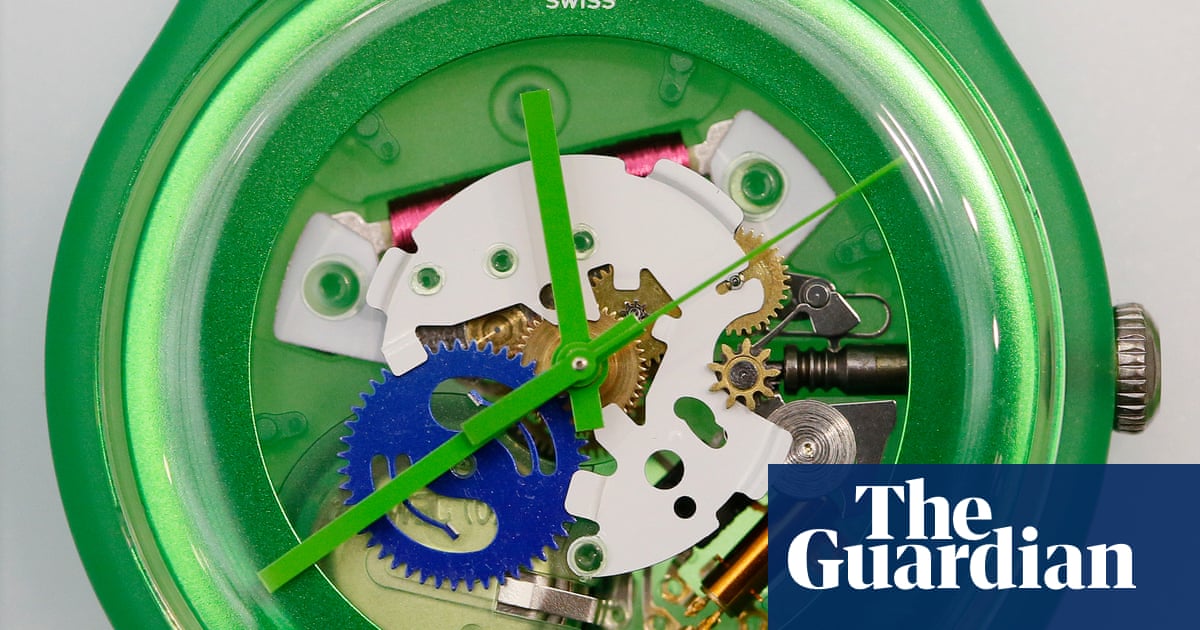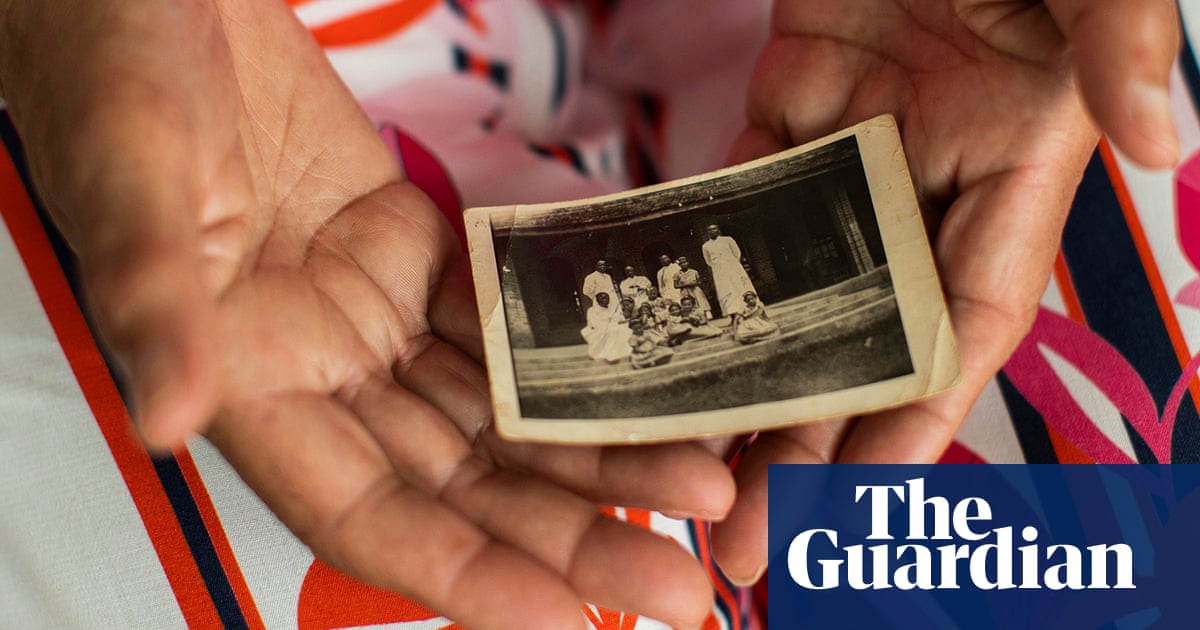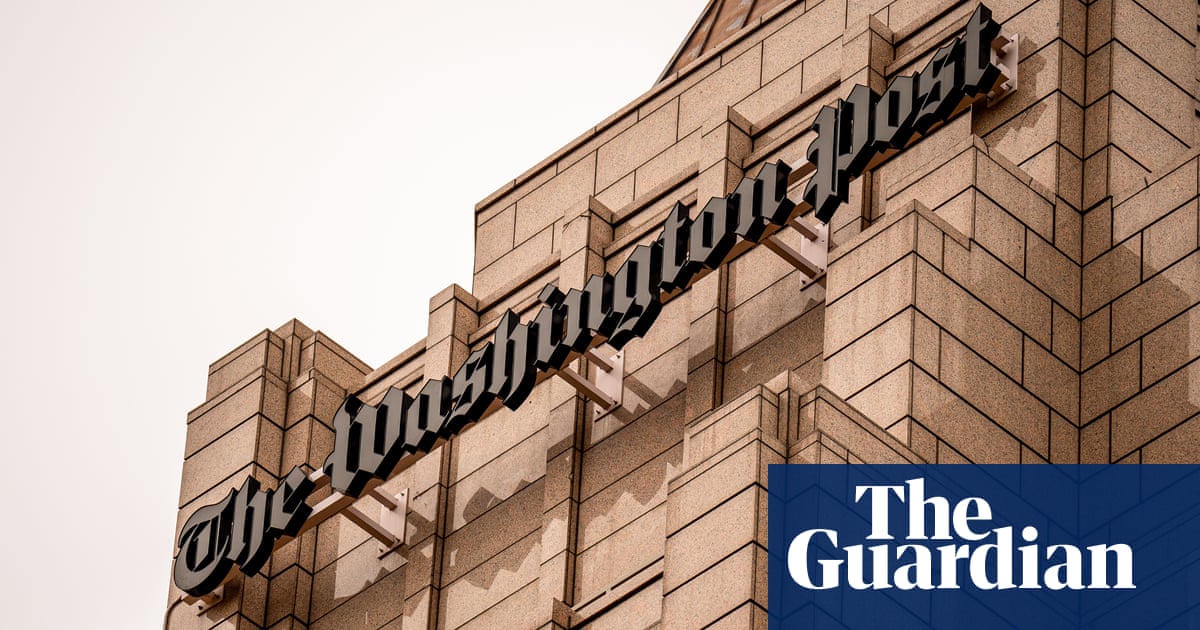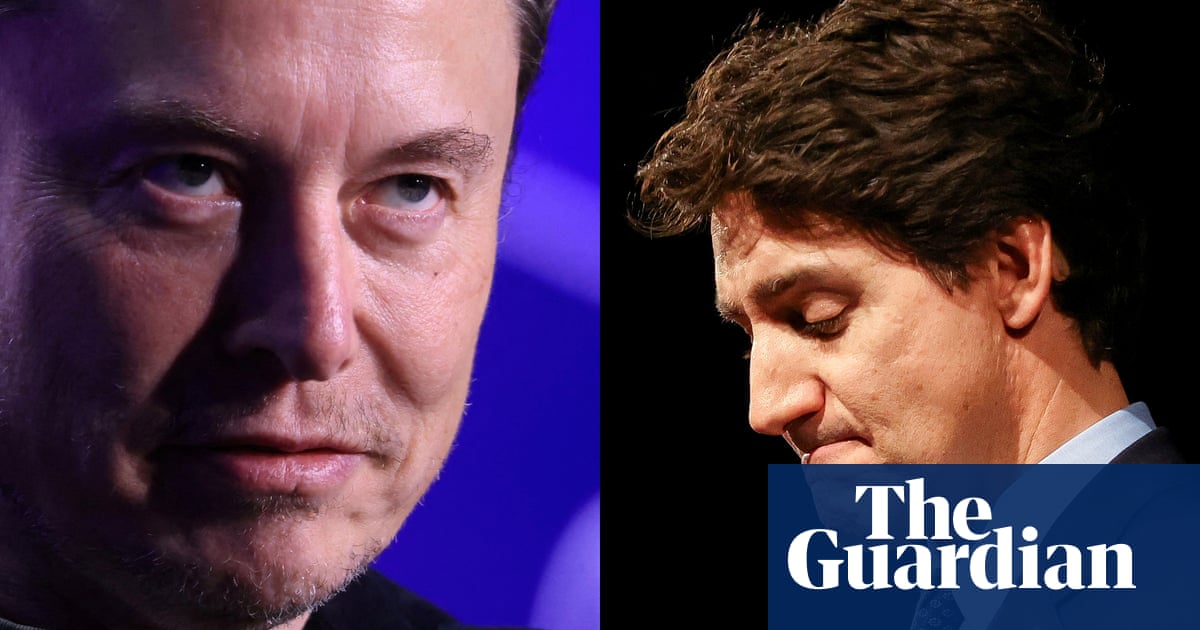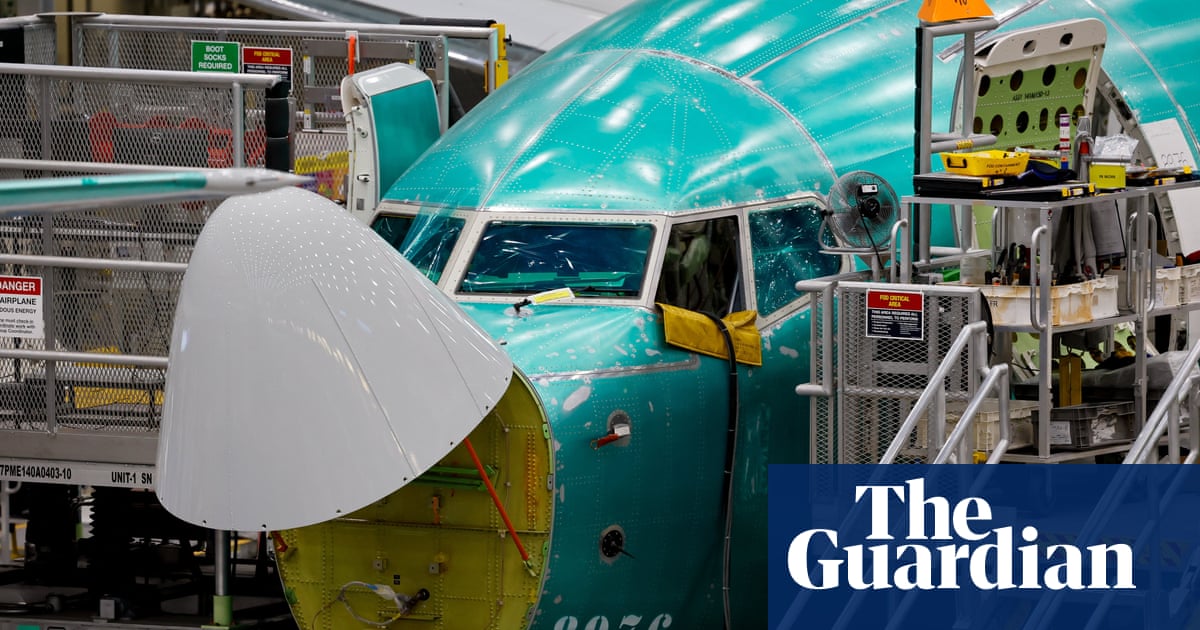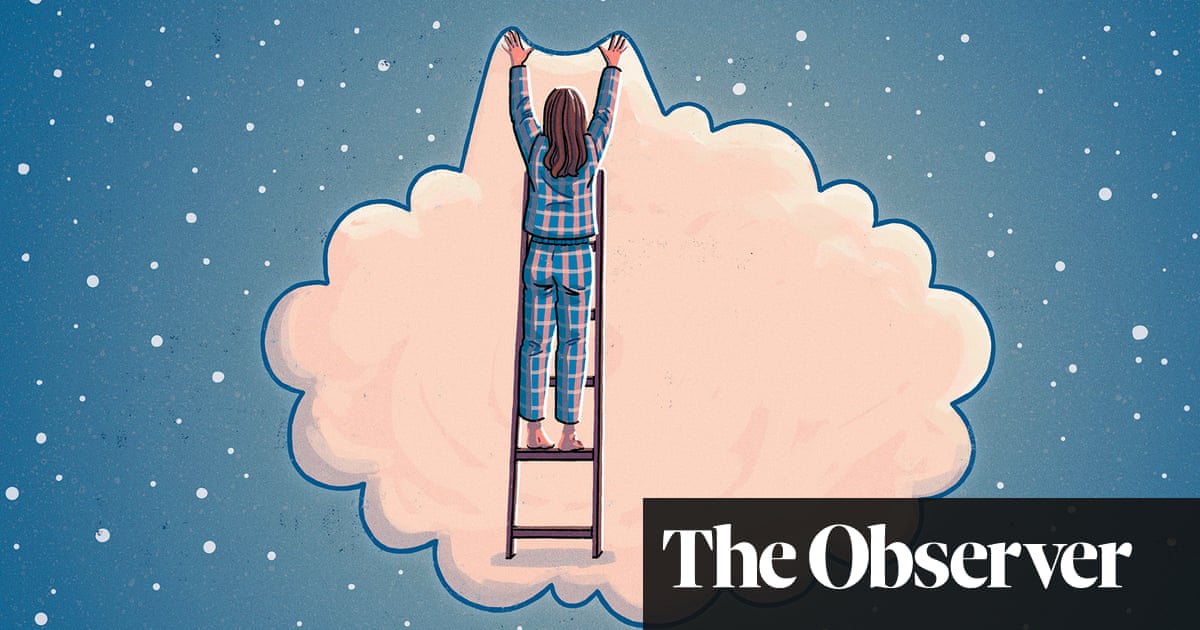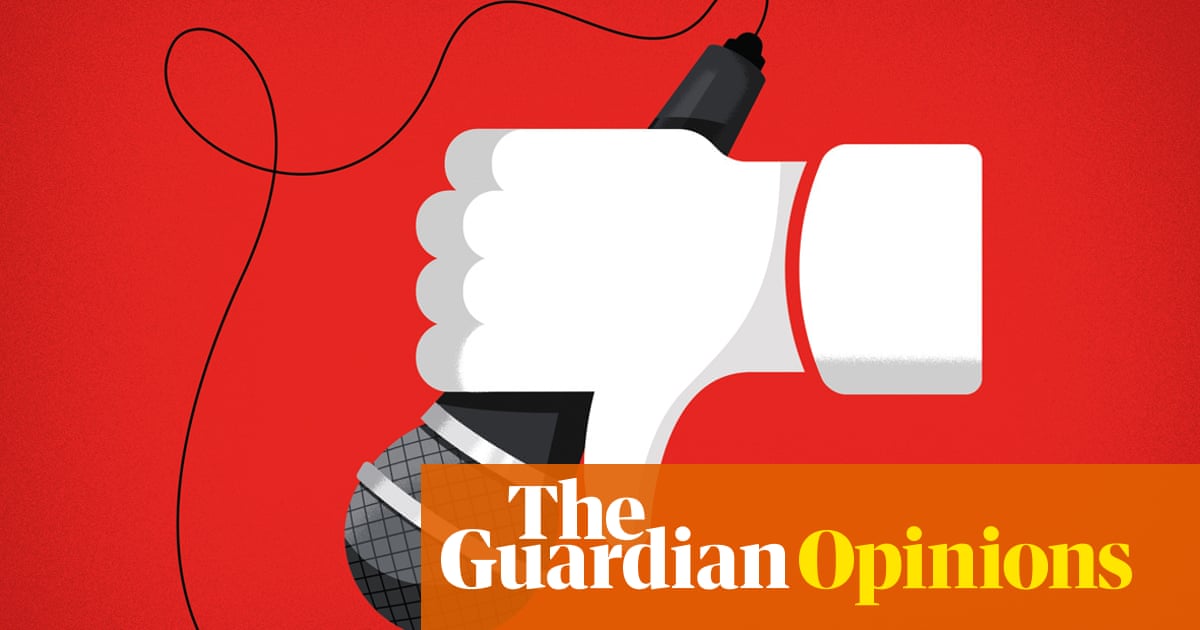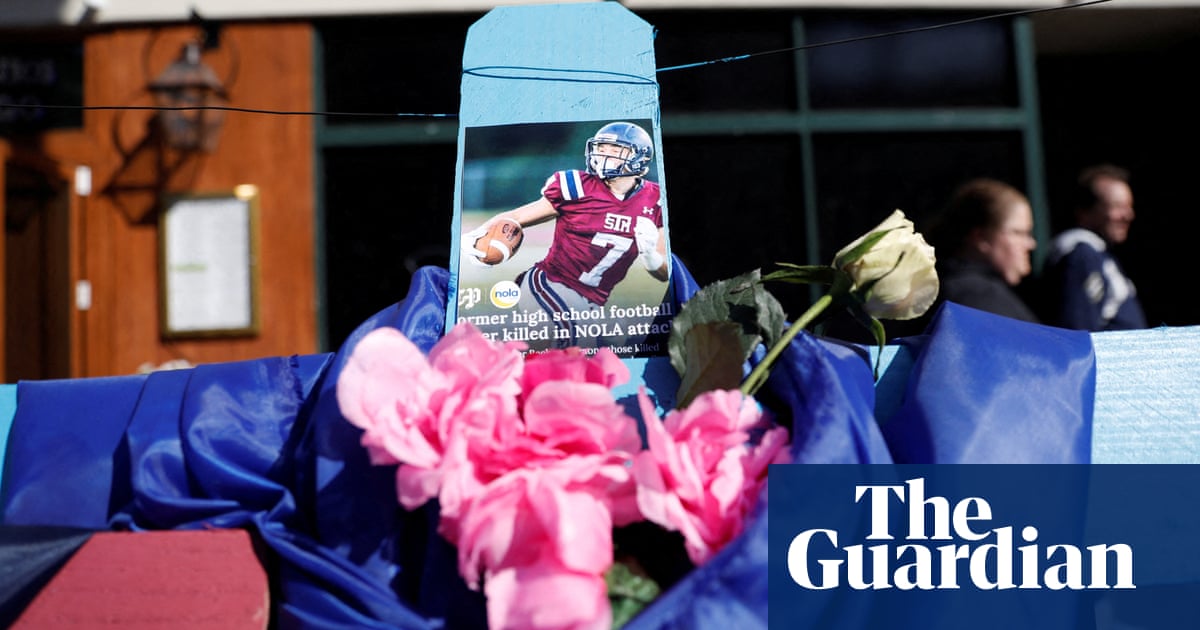Let’s discuss Gregg Wallace and his white-van-man alter ego. A man who has turned his once reliable MasterChef charm into a full-blown case study in professional implosion. Watching him navigate his downfall has been like observing a soufflé collapse in slow motion: utterly predictable, yet still oddly fascinating.
There are issues aplenty here, about power relationships, gender relationships, workplace culture, fame and the media, but from a PR standpoint Wallace has served up a textbook example of what not to do: a misjudged mess of ego, tone deafness and a remarkable failure to adapt to the world after #MeToo.
Let’s be clear: Wallace’s alleged behaviour – sexualised jokes, swaggering about the studio in nothing but a sock, and generally cultivating an atmosphere so toxic you could bottle it – reads less like harmless banter and more like a relic of a bygone era when ITV primetime blithely commissioned the crass racial and cultural machinations found in sitcoms Love Thy Neighbour and Mind Your Language.
And therein lies the crux of Wallace’s failure: he has been applying an outdated formula for fame, ignoring the cultural shifts that demand emotional intelligence and humility from anyone lucky enough to anchor a much-loved show from the “national treasure” wing of the terrestrial stable.
The entertainment industry has always had an unspoken pact with its stars: charm the audience, and we’ll tolerate a few rough edges. But that deal comes with increasingly strict terms and conditions. Today’s audience expect their on-screen icons to embody the same values they project on set, and when they fall short the backlash is swift and unforgiving. Wallace’s inability to grasp this shift isn’t just a personal failing; it’s a professional catastrophe.
What is staggering here isn’t just the alleged behaviour itself, it’s the sheer incompetence of how this has been managed. Crisis PR 101 dictates you get ahead of the story and more importantly don’t do anything that makes the PR tactics themselves the story.
The moment whispers of workplace impropriety emerge, the smart move is to acknowledge, apologise, reflect and reform. Instead, Wallace’s ego appears to have gone rogue and his reactive strategy appears to have been taken straight out of the Trumpian playbook. The result? A narrative so wildly derailed, it’s less a story and more a runaway train hurtling toward oblivion.
His down-the-lens vent about “middle-class women of a certain age” who dared to complain was not only catastrophically ill advised, but also painfully unoriginal. Blaming women for holding you accountable is immoral, but it is also the PR equivalent of seasoning a burnt dish with vinegar: it only makes things worse.
The BBC, always hypersensitive to scandal given the events of the past year or so, clearly saw the writing on the wall. Wallace has been swiftly ushered out of the MasterChef kitchen, leaving behind a legacy that’s less about culinary expertise and more about what happens when unchecked hubris meets the cold reality of 2020s workplace norms. Wallace failed to understand a fact crucial to the career he once had: in this era, the format is more important than the presenters.
Can he ever claw back from this mess? Well, stranger things have happened. And the formula for redemption is no secret: a sincere apology, demonstrable change and a long period of quiet reflection.
There is the Russell Brand approach of praying (literally, in Brand’s case) that a niche but lucrative YouTube community, or a new digital channel, picks up the wreckage. But let’s be honest, in Wallace’s case, that’s not likely.
The lesson is painfully clear: in an era when transparency and respect are non-negotiable, failing to adapt is a surefire way to cook your career. Wallace didn’t just fail to read the room, he bulldozed through it in a rampage of cloaked misogyny, victim-blaming and the kind of reckless bravado that’s no longer forgivable in the public eye.
Gregg Wallace isn’t just another fallen celebrity; he is a cautionary tale for an industry that thrives on the illusion of likability. Wallace’s downfall isn’t some Shakespearean tale of hubris; it’s a mundane story of a man who couldn’t comprehend the times, conditions and attitudes changing drastically around him; a frog who didn’t notice that the water was getting warmer.
In an era when respect, humility and adaptability are the ingredients for success or, at least, survivability, Wallace’s story is a stark reminder that the heat in the kitchen of public opinion is hotter than ever, and not everyone is cut out to handle it – even, apparently, the man from MasterChef.
-
Mark Borkowski is a crisis PR consultant and author
Do you have an opinion on the issues raised in this article? If you would like to submit a response of up to 300 words by email to be considered for publication in our letters section, please click here.

.png) 1 month ago
6
1 month ago
6



